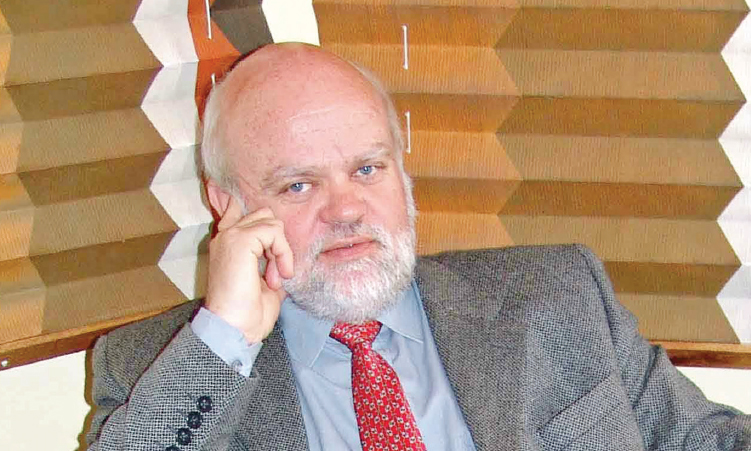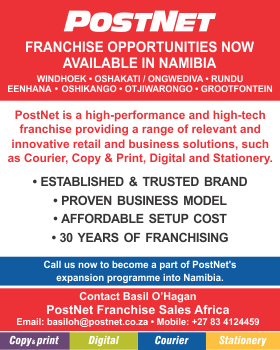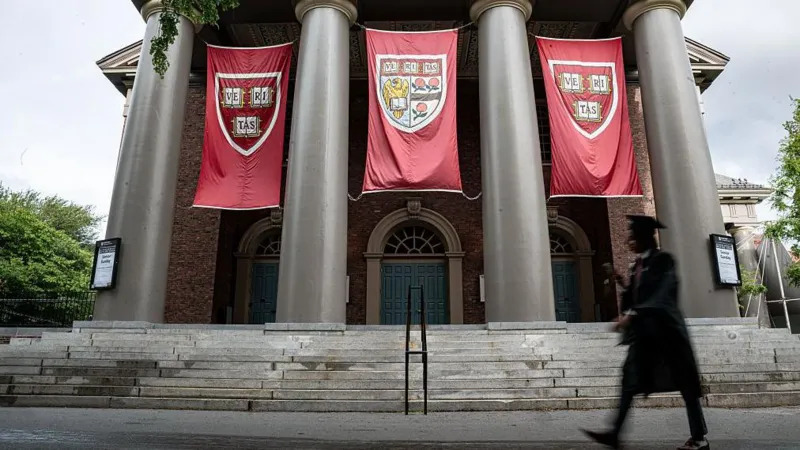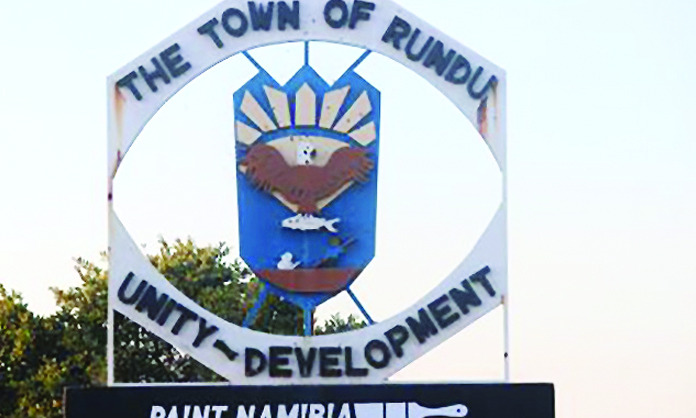Straight talk Wwas the order of the day at a retreat for senior civil servants at Swakopmund over the weekend.
Hosted by the Cabinet secretary George Simataa, participants included executive directors (EDs) of ministries and chief regional officers (CROs) of Namibia’s administrative regions.
Simataa said the objective was for the top echelon of Namibia’s public sector to gain a better understanding of interconnected elements required to build a high-performing public sector and to cultivate a service culture.
Discussions centred on food security, a need for clean water and sanitation in underserved areas, rural development through industrialisation, infrastructural development, education, healthcare and skills building to enhance human potential, and viable solutions for informal settlements.
And that was only the first day of the retreat.
On day two the presenters and participants laid bare, digested, dissected and proffered solutions on more issues and concerns.
Presenters again comprised private sector, non-governmental organisations, academia and development entity representatives.
To ensure discussion equilibrium, EDs and CROs moderated and served on discussion panels.
The first presentation was titled ‘Is the public sector fit for purpose?’
Others included leveraging technology to drive economic growth and social progress, and Namibia’s vulnerability to cyber-attacks.
In my paper on micro, small and medium enterprises (MSME) I pointed out that the United Nations General Assembly designates 27 June of a calendar year to recognise the sector’s vital role in economic development.
That the genesis of an entrepreneurial journey for most starts in the informal sector after identifying a need in their local community, garnering resources, mostly helped by family or friends, to satisfy that need.
And that entrepreneurs as creators of wealth and jobs bear the risk from venturing into business in the hope that there will be a reward.
I drew attention to documented evidence reflecting Namibia’s business environment unfriendly to the extent that many entrepreneurs prefer to operate informally under the bureaucratic radar.
And that a mind shift by public officials at national, regional and local level, coupled with a reform of rules and regulations making it easier and less costly to operate and to comply with statutory requirements, would usher in a welcome change.
Public sector leaders were challenged to learn from what is being done in neighbouring countries to facilitate and not hamper private sector growth.
They were reminded that Namibia’s economy will not grow through foreign direct investment alone, and appealed for a more domestic investor friendly stance.
For the benefit of the public the retreat was live-streamed.
One hopes the next EDs and CROs retreat would review progress on the issues and concerns highlighted by presenters.
The Alternate Space is an owner-run accommodation establishment that is my stay-place when working at Swakopmund.
Quality service and competitive rates make it an attraction, but the establishment is a treasure trove of Susan Mitchinson’s artwork.
Internationally renowned visual artist Mitchinson fell in love with the country when she settled here in 1984 and decided it is the place where she would spend the remainder of her life.
As so often happens, Mitchinson’s artwork has become sought after since her passing on 21 July 2014 when she succumbed to cancer.
There is a connection between Mitchinson and The Alternative Space owners, but best left to you to discover.
- Danny Meyer is reachable at danny@smecompete.com
Stay informed with The Namibian – your source for credible journalism. Get in-depth reporting and opinions for
only N$85 a month. Invest in journalism, invest in democracy –
Subscribe Now!











